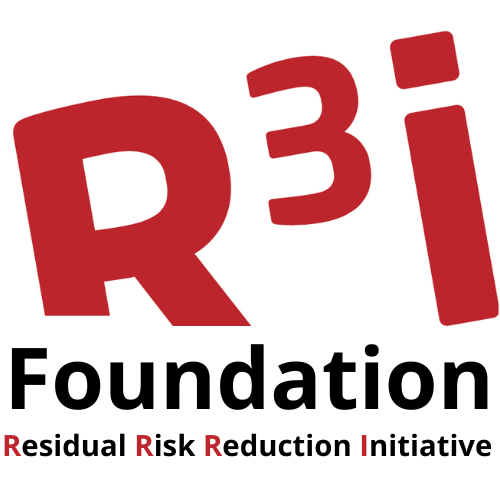Welcome to the Residual Risk Reduction Initiative
We are a non-profit organization dedicated to addressing residual vascular risk in patients who have either achieved treatment goals according to current standards of care or those who have not met these goals.
WHAT IS RESIDUAL RISK ?
WHAT IS THE INITIATIVE ?
An academic, multidisciplinary non-profit organization that aims to tackle the residual risk of macro- and micro-vascular complications in patients who do not meet their health goals despite the current standard of care.
The foundation supports healthcare professionals in keeping them informed and empowering them to make evidence-based decisions in their practice, to potentially save millions of lives.
Booklet Library
Offering evidence-based insights on innovative therapies for managing residual vascular risks and improving patient outcomes.
Diabetic Retinopathy as a Residual Microvascular Condition
This booklet, a project of the Residual Risk Reduction Initiative (R3i), is designed to significantly increase awareness and understanding of diabetic retinopathy (DR) as a persistent and often overlooked residual microvascular condition.
Metabolic Dysfunction-Associated Steatohepatitis (MASH)
This latest booklet from the Residual Risk Reduction Initiative provides an accessible resource on MASH epidemiology, diagnosis, and management.
View the booklet
PCSK9 as a therapeutic target: Insights from clinical trials
This booklet/slidedeck, the second in the series, focuses on evidence from clinical trials with PCSK9-targeted therapeutics.
View the Booklet
Triglyceride-rich lipoproteins and atherosclerotic cardiovascular disease
This booklet provides a critical background to triglyceride-rich lipoproteins and their role in ASCVD, concluding with discussion of the trials.
View the Booklet
Latest Publications
Lessons from PROMINENT and prospects for permafibrate
The neutral result of the PROMINENT trial has led to questions about the future for pemafibrate. This commentary discusses possible reasons for the lack of benefit observed in the trial.
Learn more…
Selective Peroxisome Proliferator–Activated Receptor Alpha Modulators (SPPARMα): New Opportunities to Reduce Residual Cardiovascular Risk in Chronic Kidney Disease?
Differentiation of pemafibrate from current fibrates aims to address unmet clinical needs in CKD. The ongoing PROMINENT study will provide critical information regarding the long-term efficacy and safety of pemafibrate in patients with type 2 diabetes mellitus, including those with CKD, and whether the favorable lipid-modifying profile translates to reduction in residual cardiovascular risk.
Learn more…
Residual vascular risk in diabetes : Will the SPPARMα concept hold the key?
Clinicians need to consider other targets to reduce residual cardiovascular risk in diabetes. The SPPARMα concept is a leading contender, offering the opportunity to act at multiple targets relevant to vascular risk.
Learn more…
R³i events
Don’t miss recent news of R³i events and informations about all upcoming events
JOIN OUR NEWSLETTER
Become a member to receive our newsletter
and gain unrestricted access to downloadable slidekits
